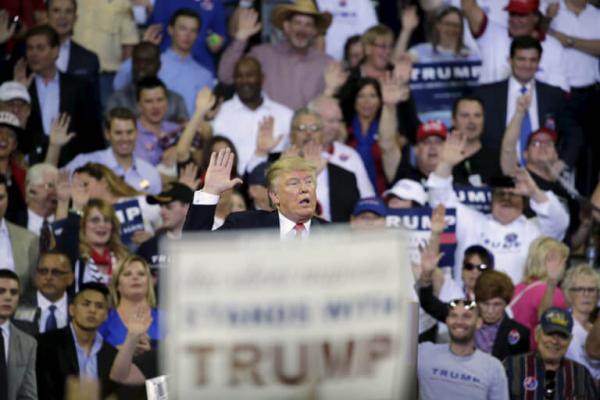Nov 7, 2016
People need to believe in something, or someone, or Someone.
This human need to believe is a very powerful force. It can overcome a great deal of countervailing evidence. One place this is obvious is in politics.
Read the Full Article

Already a subscriber? Login
